Paul Taylor - The Most Complete Political Machine Ever Known: The Norths Union Leagues in the American Civil War
Here you can read online Paul Taylor - The Most Complete Political Machine Ever Known: The Norths Union Leagues in the American Civil War full text of the book (entire story) in english for free. Download pdf and epub, get meaning, cover and reviews about this ebook. publisher: Kent State University Press, genre: Politics. Description of the work, (preface) as well as reviews are available. Best literature library LitArk.com created for fans of good reading and offers a wide selection of genres:
Romance novel
Science fiction
Adventure
Detective
Science
History
Home and family
Prose
Art
Politics
Computer
Non-fiction
Religion
Business
Children
Humor
Choose a favorite category and find really read worthwhile books. Enjoy immersion in the world of imagination, feel the emotions of the characters or learn something new for yourself, make an fascinating discovery.

- Book:The Most Complete Political Machine Ever Known: The Norths Union Leagues in the American Civil War
- Author:
- Publisher:Kent State University Press
- Genre:
- Rating:4 / 5
- Favourites:Add to favourites
- Your mark:
The Most Complete Political Machine Ever Known: The Norths Union Leagues in the American Civil War: summary, description and annotation
We offer to read an annotation, description, summary or preface (depends on what the author of the book "The Most Complete Political Machine Ever Known: The Norths Union Leagues in the American Civil War" wrote himself). If you haven't found the necessary information about the book — write in the comments, we will try to find it.
The martial enthusiasm that engulfed the North when the American Civil War commenced in April 1861 vanished by the following summer. Repeated military defeats, economic worries, and staggering casualties prompted many civilians to question the wars viability. Frustration exploded into anger when Republican president Abraham Lincoln issued his preliminary Emancipation Proclamation in September.
The disgruntled voices grew louder. These anti-Lincoln Democrats, nicknamed Copperheads, viewed blacks with disdain and considered many of Lincolns legal decisions to be unconstitutional. Civilian disenchantment led to significant Republican defeats in the November Congressional elections. As 1862 ended, Northern morale was at rock bot- tom. Across the North, ardent pro-Lincoln men realized their country needed a patriotic stimulus, as well as an organized means of countering what they viewed as their Copperhead adversaries treasonous pronouncements and subversion. These men formed what became known as Union Leagues: semisecretive societies whose members had to possess unconditional loyalty to the Lincoln administration and unwavering support for all of its efforts to suppress the rebellion. Their mysterious member initiation rites were likened to a solemn religious ceremony.
In The Most Complete Political Machine Ever Known,Paul Taylor examines the Union League movement. Often portrayed as a mere footnote to the Civil War, the Union Leagues influence on the Northern home front was far more important and consequential than previously considered. The Union League and its various offshoots spread rapidly across the North, and in this first comprehensive examination of the leagues, Taylor discusses what made them so effective, including their recruitment strategies, their use of ostracism as a way of stifling dissent, and their distribution of political propaganda in quantities unlike anything previously imagined. By the end of 1863, readers learn, it seemed as if every hamlet from Maine to California had formed its own league chapter, collectively overwhelming their Democratic foe in the 1864 presidential election.
Paul Taylor: author's other books
Who wrote The Most Complete Political Machine Ever Known: The Norths Union Leagues in the American Civil War? Find out the surname, the name of the author of the book and a list of all author's works by series.

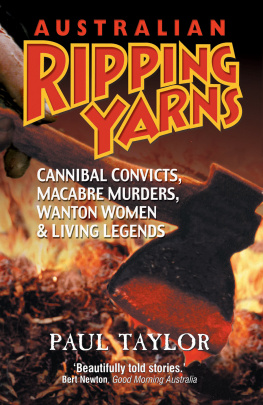
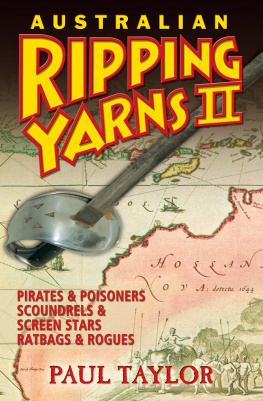
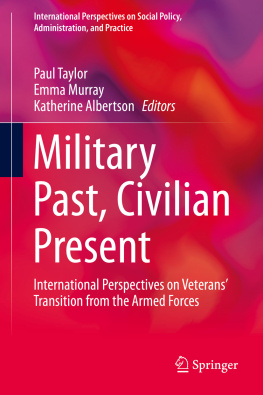

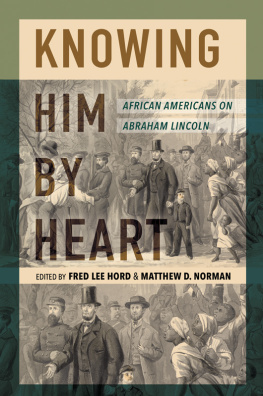
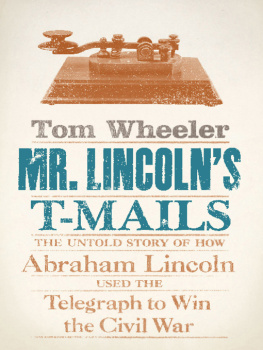
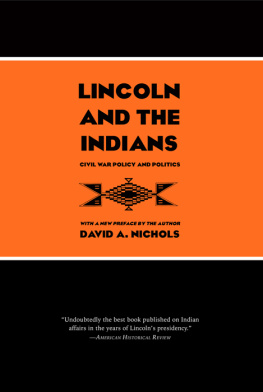
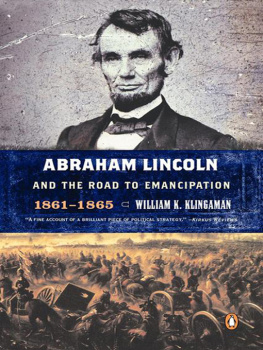
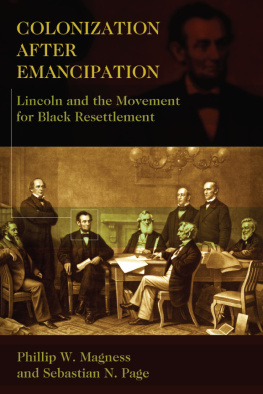
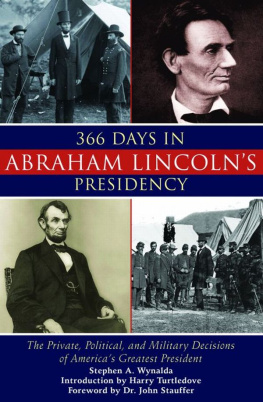
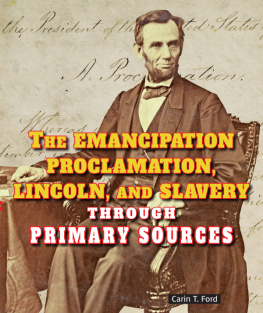


 Kent, Ohio
Kent, Ohio
